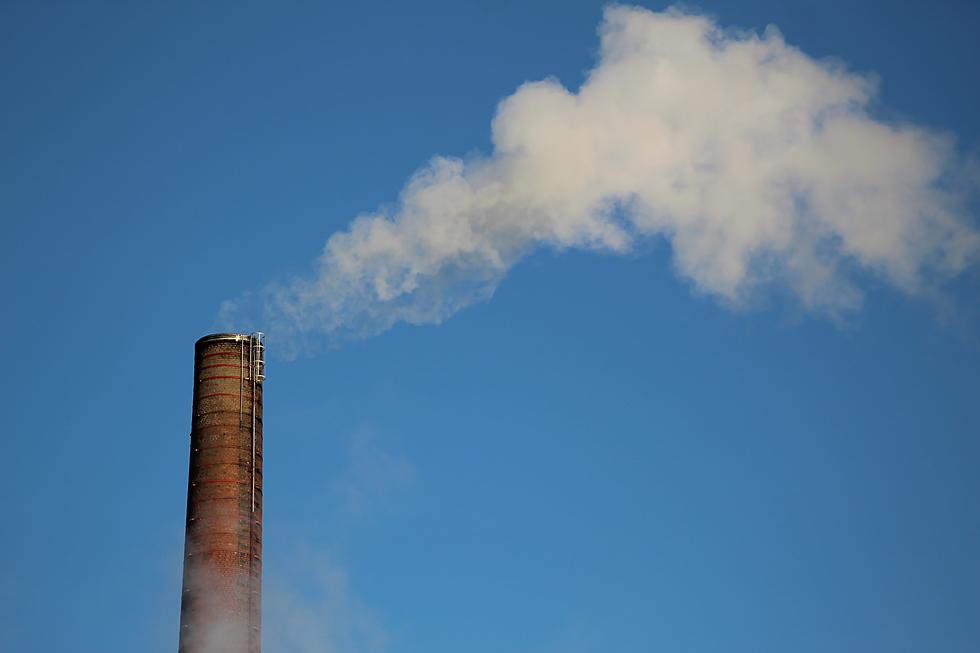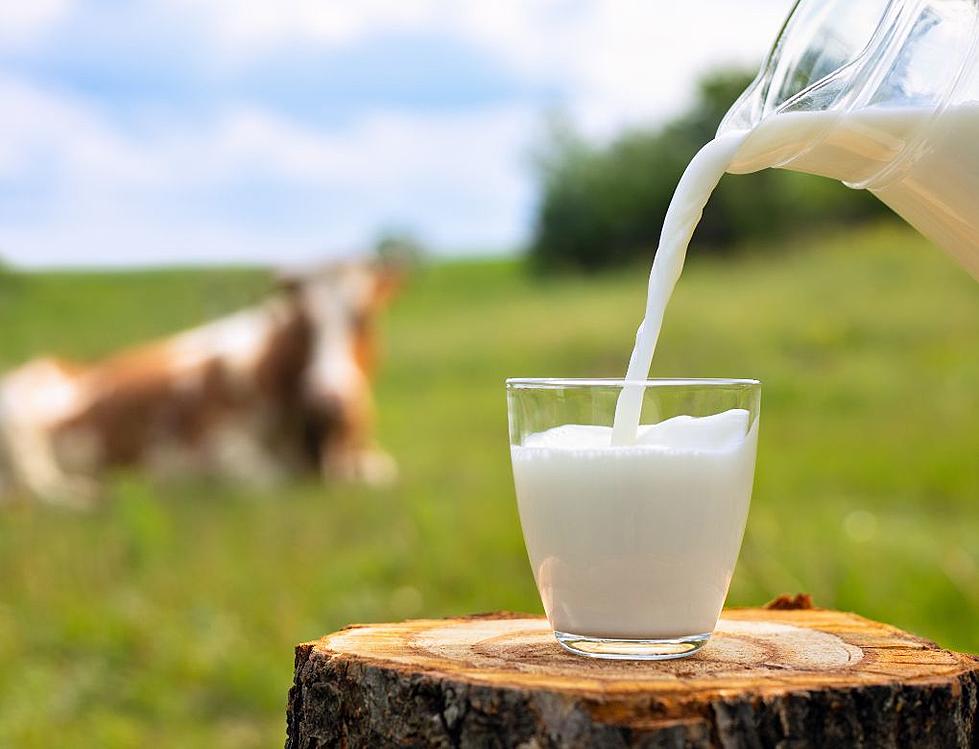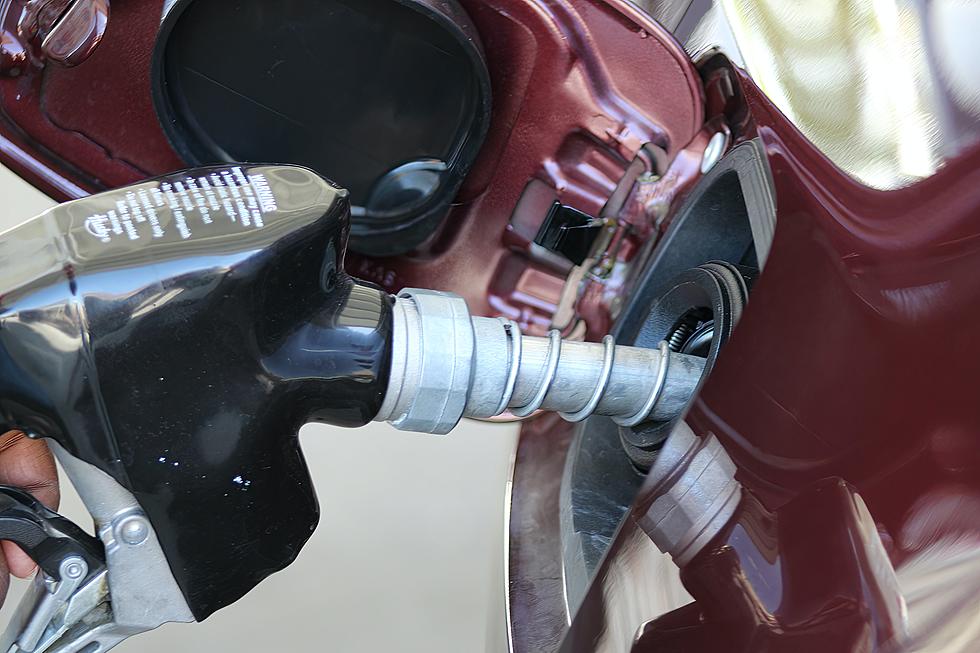
Iowa Farmers Concerned Over Eminent Domain With New Pipeline
A new pipeline that benefits the environment?
The Midwest Carbon Express project, stretching through five states from North Dakota to Illinois, would be the largest carbon capture project in the world. Its goal is to send 12 million tons of CO2 to be stored underground in western North Dakota.
According to National Grid, carbon capture and storage is a way to reduce carbon emissions into the atmosphere; making it a key component in tackling climate change.
So Why Is It So Controversial?
The proposed pipeline is a private-sector project and when it comes to those types of projects, Governor Kim Reynolds says she does not support direct state investments.
However, when it comes to carbon solution in general, Reynolds does call for investment in
Carbon capture solutions sustain and build on our leadership in renewable energy.
The investments she’s talking about are with Iowa State University research on how farmers can secure carbon credits with the crops they plant Reynolds told Radio Iowa.
There’s a lot of interest in capturing carbon and we want to truly understand that. It’s a value add for our farmers. It’s really important, I think, for the industry to not only sustain it, but to build on our leadership and I just think like we have with other renewables — wind, biofuels — we should be leading again and this is an opportunity for us to do that.
Will Eminent Domain Come Into Play?
There is concern that if landowners say no to the pipeline on their property, the company will try to use an eminent domain that would allow the pipeline to be built on the land without the consent of the landowner.
According to Tri States Public Radio, Representative Bobby Kaufmann wants to require carbon pipeline companies to get support from at least 70 percent of landowners before asking for eminent domain.
Governor Reynolds says that it’s up to the private sector to make its case with landowners and regulators.
We always have to be conscientious about taking someone’s land and the impact it has on that. This is underground, so it’s disrupted for a little while, but they can still utilize it, as far as the pipelines, but also, I mean it is extremely important to an industry. I think it is like over 55% of our corn goes to ethanol, so we have figure out a way to balance the two.
What Non-Iowans Think of Iowa
Ten Iowa Trivia Questions
More From 104-5 KDAT









